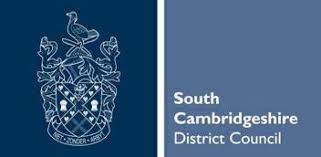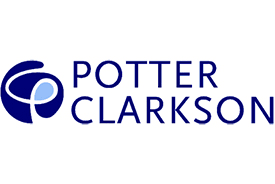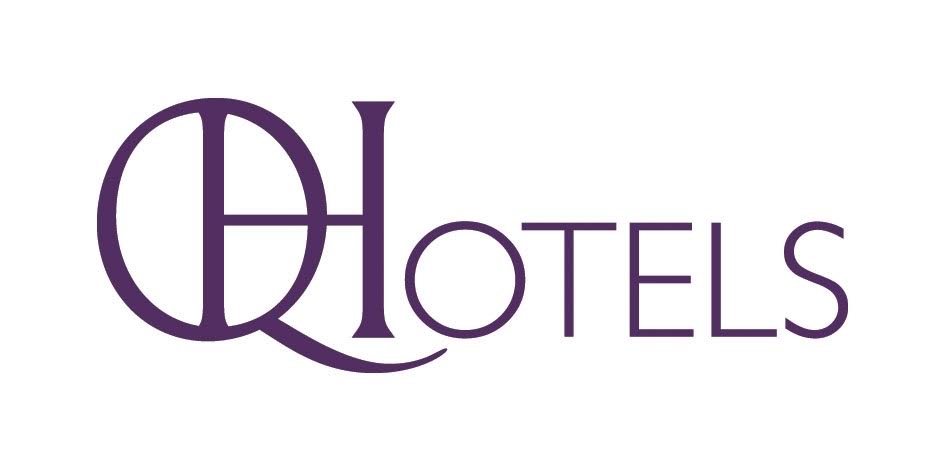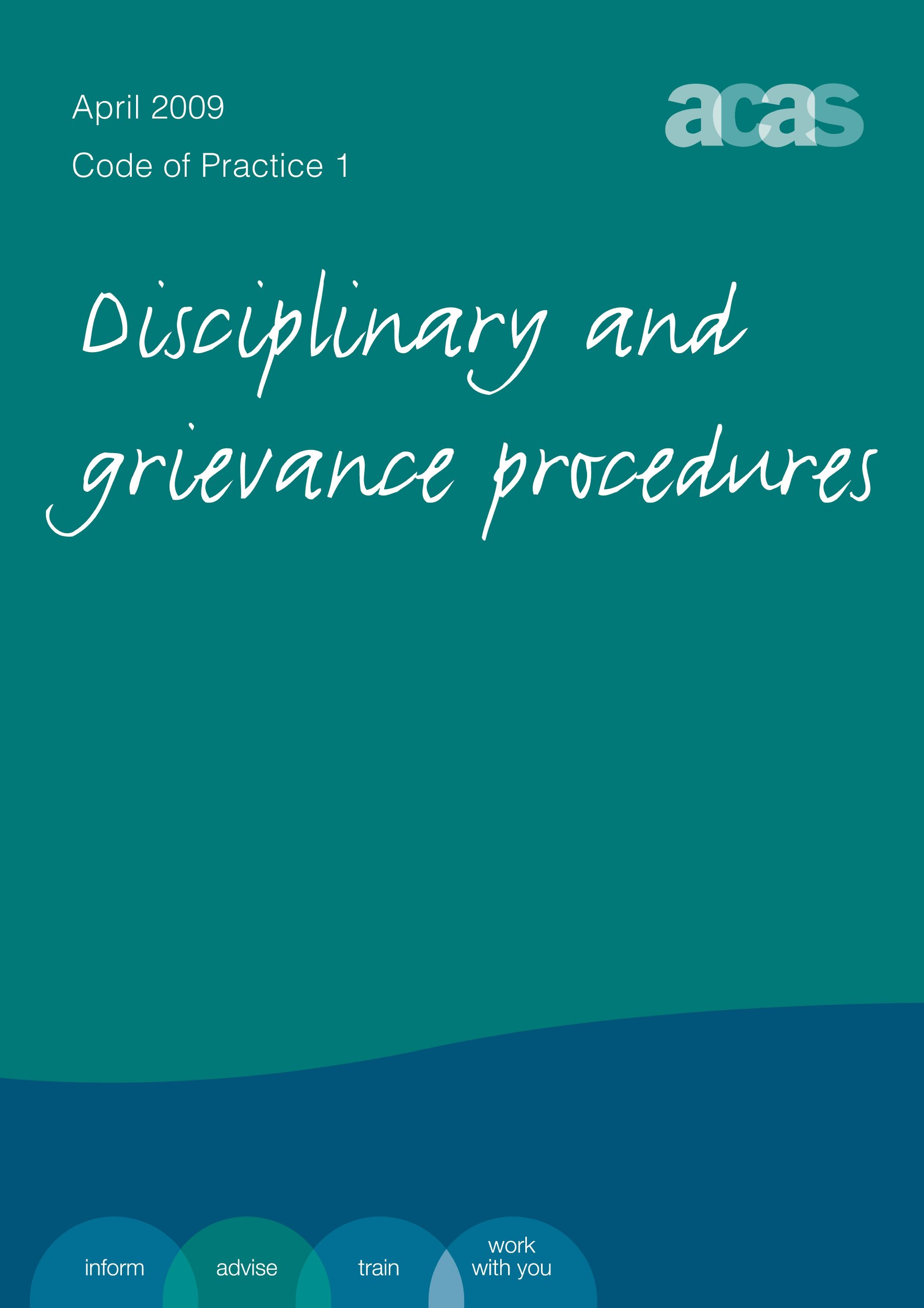Contact one of the team to discuss your training goals:
Email - contact@adrianclose.com
ACAS Code of Practice
We refer to the ACAS code of practice during our introduction to human resource skills for managers training session which is part of the action focused leadership and management 12-month program
As an employer, you should follow the procedures as laid out in the ACAS code of practice April 2009. ACAS stands for Advisory, Conciliation and Arbitration Service.
The code of practice is an easy document to download and read.
The ACAS Code of Practicewhenever a disciplinary or grievance process is being followed it is important to deal with issues fairly. There are a number of elements to this:
Let’s take the first point – employers must act consistently. By following procedures correctly, you will ensure that you treat each employee fairly and without prejudice. It should be your company policy that allemployees have the right to be treated equally however the equality act 2010 applies to those who hold one of the 10 protected characteristics If we treat any employee unfairly the company could be accused of discrimination |
Thanks for visiting our ACAS code of practice page, we hope it was useful, here's a link to our homepage. Here's another link which will take you to the ACAS website
As well as lots of smaller businesses and organisations, below are examples of some larger organisations who have received training from our director of learning at Ultimate Leadership Training:
























Please contact us to discuss any training requirements you have, we either deliver for you or sell you the course for your trainers to deliver to your team
